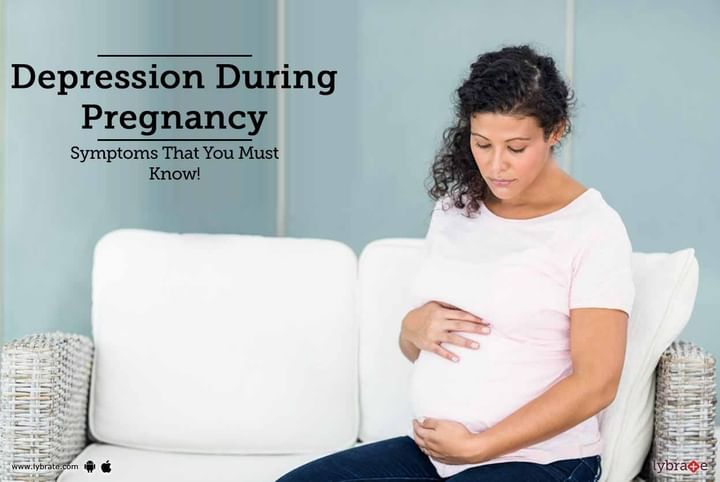Depression During Pregnancy - Symptoms That You Must Know!
Pregnancy is that wonderful and beautiful phase that most women rejoice about. However, many may find it hard to believe that pregnancy can bring with it a condition known as ‘antenatal depression’. This is a common condition in expecting mothers and should not be ignored.
Depression during pregnancy like regular depression is a clinical condition and requires further investigation and management. Pregnancy is related to the female hormones and therefore, mood swings are common (as during PMS and menopause). However, depressed pregnant women would typically have the following associated symptoms too.
-
Altered eating habits
-
Altered sleeping patterns (too much or too less)
-
Loss of attention/ability to focus
-
Losing interest in activities which usually interest the person
-
Feeling very anxious
-
Constant feeling of sadness
-
Uncertainty about the future
-
Feeling of worthlessness
-
Suicidal tendencies
It has been noted about 25% of women can get depressed during pregnancy for varying periods of time. Some potential reasons for this are as below.
-
Strained relationships: One of the most important factors for a healthy pregnancy is a happy relationship, not just with the partner, but with immediate and close family members with whom there is a high level of regular interaction.
-
Work stress: For working women, a stressful office environment could take a toll on their moods.
-
Previous miscarriages: This can cause anxiety and depression about possible repeat incident.
-
Potential complications: If the periodic examinations showed up possibility for complications in pregnancy, the chance of depression in the mother increase.
How it affects pregnancy?
A depressed mother would not be able to care for herself and therefore, the baby may not get adequate nutrition for its development. Additionally, the potential for nicotine and alcohol abuse increases, which also negatively impacts the baby’s growth. There could be low birth weight, premature birth and developmental delays after birth.
How it can be managed?
While the hormonal changes during pregnancy causes mood swings, diagnosing if it is depression is important. A consultation with a psychiatrist may be required for some women.
Some of the options available for treatment include support groups, individual counseling, and medications.
-
It is important to understand that this is a common condition and you are not the only one going through this. Talking to other women who feel depressed can help in mood uplifting of all involved.
-
If you are too shy about it, individual counseling could be the next best thing.
-
Stress management including light exercise, music, meditation, rest, diet, and support from close friends and family are highly recommended.
- Since most antidepressants would reach the baby, it is advisable to avoid these less you need them as a last resort.
In case you have a concern or query you can always consult an expert & get answers to your questions!



+1.svg)
